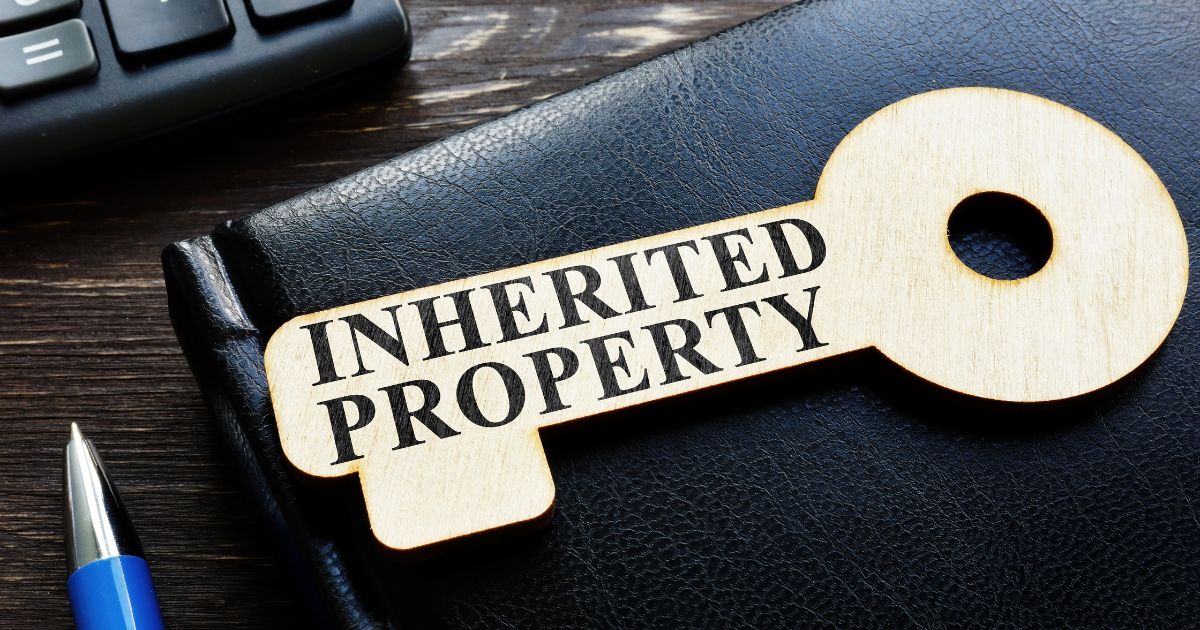Many people are unaware of how powerful and easy it is to use a tax-deferred 1031 exchange. However, there are several misconceptions about 1031 exchanges, largely due to a lack of understanding and planning. Below are some things you should know if considering a 1031 exchange. “Like-Kind” Property The “like-kind” property provision does not require[…] Read More
Category: 1031 Exchange
How Long Is the Holding Period for a 1031 Exchange?
The 1031 exchange process can be complex, and failure to comply with the stringent requirements set forth by the Internal Revenue Service (IRS) can result in disqualification of tax deferral and other benefits. A common challenge during the 1031 exchange process involves strict adherence to the time constraints provided by the IRS. While some timelines[…] Read More
Do I Need a Qualified Intermediary for a 1031 Exchange?
A qualified Intermediary (QI) is an unrelated party to a real estate transaction who facilitates a tax-deferred, like-kind, or 1031 exchange. The QI has no economic interest in the transaction except for any compensation, or exchange fee, they may receive for facilitating the exchange as defined in Section 1031 of the Internal Revenue Code (IRS).[…] Read More
How Can a Lawyer Reduce the Risks of a 1031 Exchange?
Despite all the benefits of 1031 exchanges, the process is not without risk to investors. Understanding the pitfalls are important. The following are the rules and risks of 1031 exchanges: In addition to the stringent timelines, there are other things that can make the 1031 process complicated. Choosing the wrong qualified intermediary (QI) is a huge[…] Read More
Can I Do a 1031 Exchange After Closing?
Tax laws in the United States give real estate investors many benefits. Deferring the payment of capital gains tax is one example. The Internal Revenue Service (IRS) assists real estate investors with building wealth by allowing the deferred payment of capital tax gains through a 1031 exchange. In light of all the advantages of real[…] Read More
Can I Do a 1031 Exchange on a Rental Property?
A 1031 exchange is a commonly used real estate transaction where you can swap out an investment property for another like-kind property, which helps you avoid paying capital gains tax. Without the 1031 exchange, you normally would have to pay taxes as soon as the sale occurs. However, if you do a 1031 exchange on[…] Read More
What Are Exchange Property Identification Rules?
If you are selling an investment property, the proceeds from the sale are subject to capital gains taxes unless you follow the rules of a 1031 exchange. A misunderstanding or mistake in following any of the rules could be costly, as your sale becomes a taxable event with anywhere from 20 to 35 percent of[…] Read More
How Can a 1031 Exchange Help Build My Net Worth?
A 1031 tax exchange can help build your net worth. Under Section 1031 of the U.S. Internal Revenue Code, the capital gains tax can be deferred when you sell an investment property in exchange for a similar property, also known as like-kind properties. As long as there is a like-kind purchase, the capital gains tax[…] Read More
Can I Do a 1031 Exchange on an Inherited Property?
If you have just inherited a property, not knowing your options could cost you. Real estate for novice investors can be complicated. In the case of inherited property, the value of the property and what it is used for, including money owed, the money gained, and taxes, play an essential role and can cause headaches[…] Read More
Can I Do a 1031 Tax Exchange Between States?
A 1031 tax exchange is a way to exchange real property without incurring capital gains tax. This enables you to exchange real estate for other property of an equal or greater value, known as a “like-kind property.” Section 1031 is a federal tax code, so you can exchange properties between states. A state-to-state 1031 exchange[…] Read More










